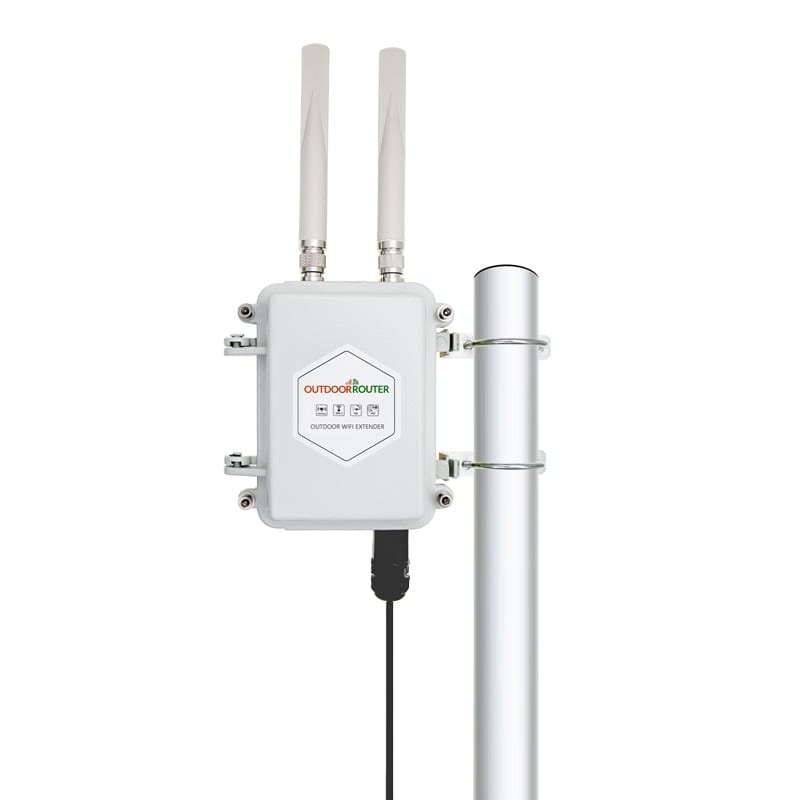
There are also extenders that lay flat on desktops, and while those come with their own benefits, flat surface space is at a premium in many apartments. They come in a variety of styles and prices, so searching can be a bit intimidating.Ī ton of WiFi extenders tend to plug directly into wall outlets, which is probably going to be the most convenient option for most people. Credit: Getty Images/iStockphotoĪssuming you've done your due diligence and decided you do, in fact, need a WiFi extender, there are way too many options to keep track of. Which one should I get?Ī plug-in extender might be the easiest option. It might be prudent to arrange an appointment with a specialist from your service provider before trying to fix the problem yourself. You should also keep it away from metals and thick walls. Routers should be placed in a central location and preferably up high. If your router is more than three or four years old and your internet is acting up, you should probably replace it before doing anything else.Įven if your router is top-notch, it won't do you much good if it's placed poorly.Īs an expert explained to HuffPo (Opens in a new tab), physical distance between a router and a device isn't the only thing that can hamper its signal strength. For example, plenty of people keep the same router around for years without replacing it, which is absolutely not the way to do it. There are plenty of reasons why your WiFi signal could be funky. That said, the range of your network signal might not be the culprit here. You're most likely encountering dead zones in areas that are far away from the router, or spots in your home where your devices just won't connect to the network with any kind of stability.

If you're reading this, it's safe to assume you have problems with WiFi connectivity in your home.


There are a lot of things you need to consider before going down that rabbit hole, though. Maybe your house is a little too spacious, or the layout of your apartment just isn't conducive to a consistent signal. Trouble streaming Netflix? The problem could be WiFi dead zones in your home.


 0 kommentar(er)
0 kommentar(er)
